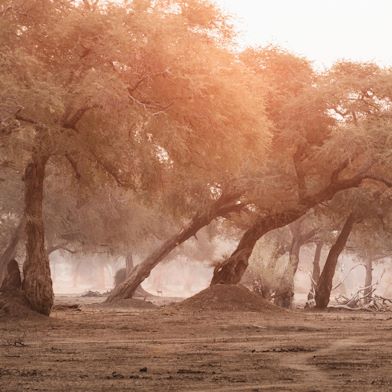March is an important time for our planet. Not only do we mark World Wildlife Day on 3 March, and Global Recycling Day on 18 March, we observe World Water Day on 22 March as well as Earth Hour on 27 March.
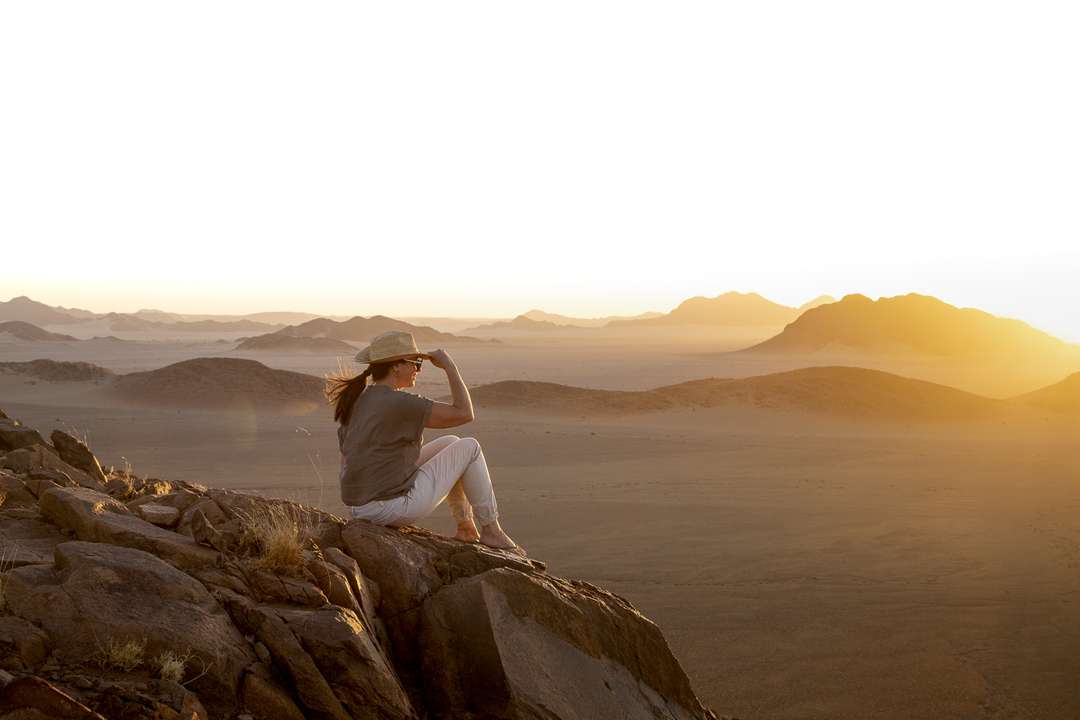
This year’s World Wildlife Day focused on Forests and Livelihoods; Sustaining People and the Planet – both of which epitomise our current conservation work in Rwanda. With climate change, a ballooning population leading to biodiversity loss, and now with the health, social and economic impacts of the pandemic, these forests and the livelihoods supported by them face an existential threat. It’s for this reason that Wilderness Safaris continues to prioritise the reforestation of one of Africa’s most important conservation areas, Rwanda’s Volcanoes National Park: home of the iconic mountain gorilla, 31 endemic mammals, and 35 endemic bird species. Read more about our impactful work in Rwanda here.
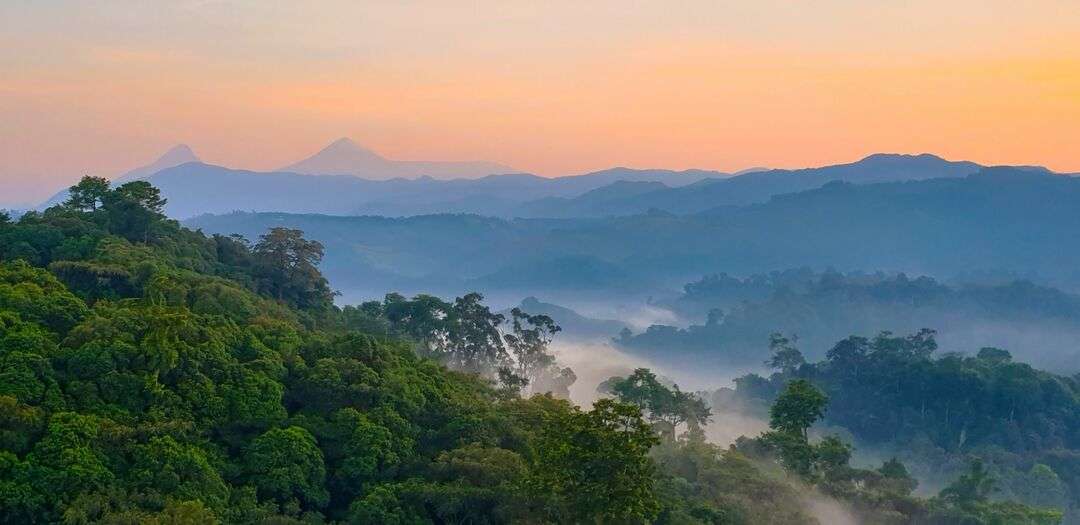
To further celebrate this important month, we want to help you on your journey to ‘tread lightly’ on our planet. Here are some helpful ideas, inspired by Wilderness Safaris’ 38 years of impactful conservation tourism, on how you can give back to the planet – not just this month, but continuously, for a safer and healthier future for all.
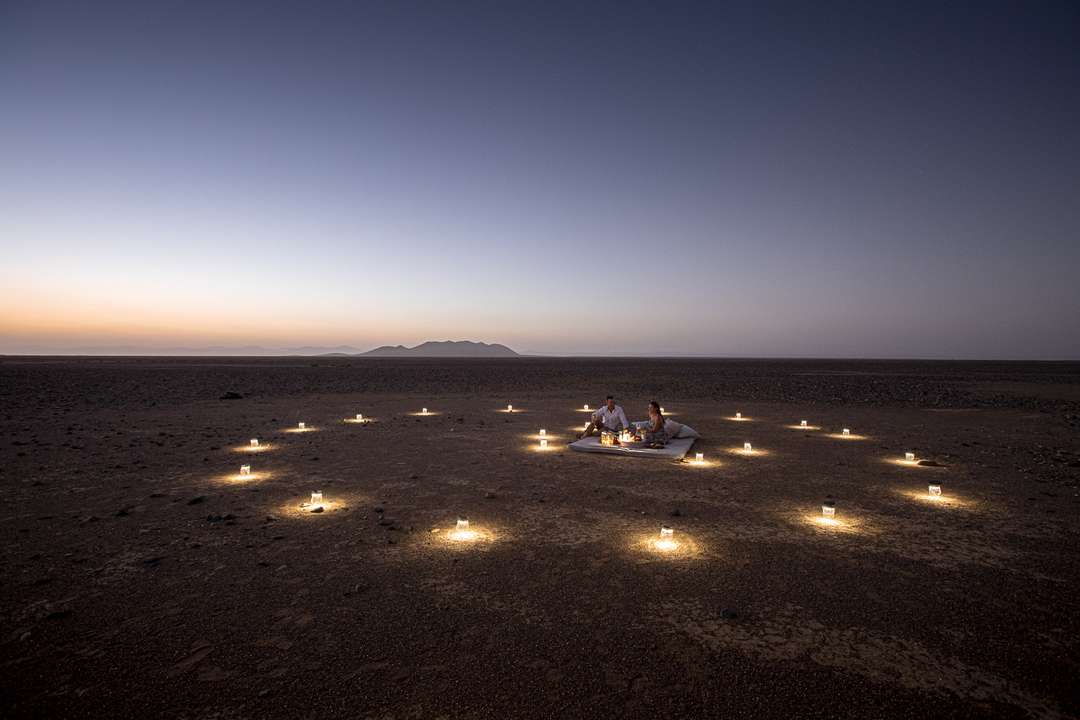
The Multiple-Use Water Bottle
Handed to every guest on arrival at their first camp, this ingenious little trick saves many a plastic bottle from Earth’s growing landfills. Water coolers are always on hand for a refill.
Learning: Always keep a multiple-use water bottle on hand and fill it up with tap water (or tap water cooled in a fridge). Pledge to never buy bottled water again!
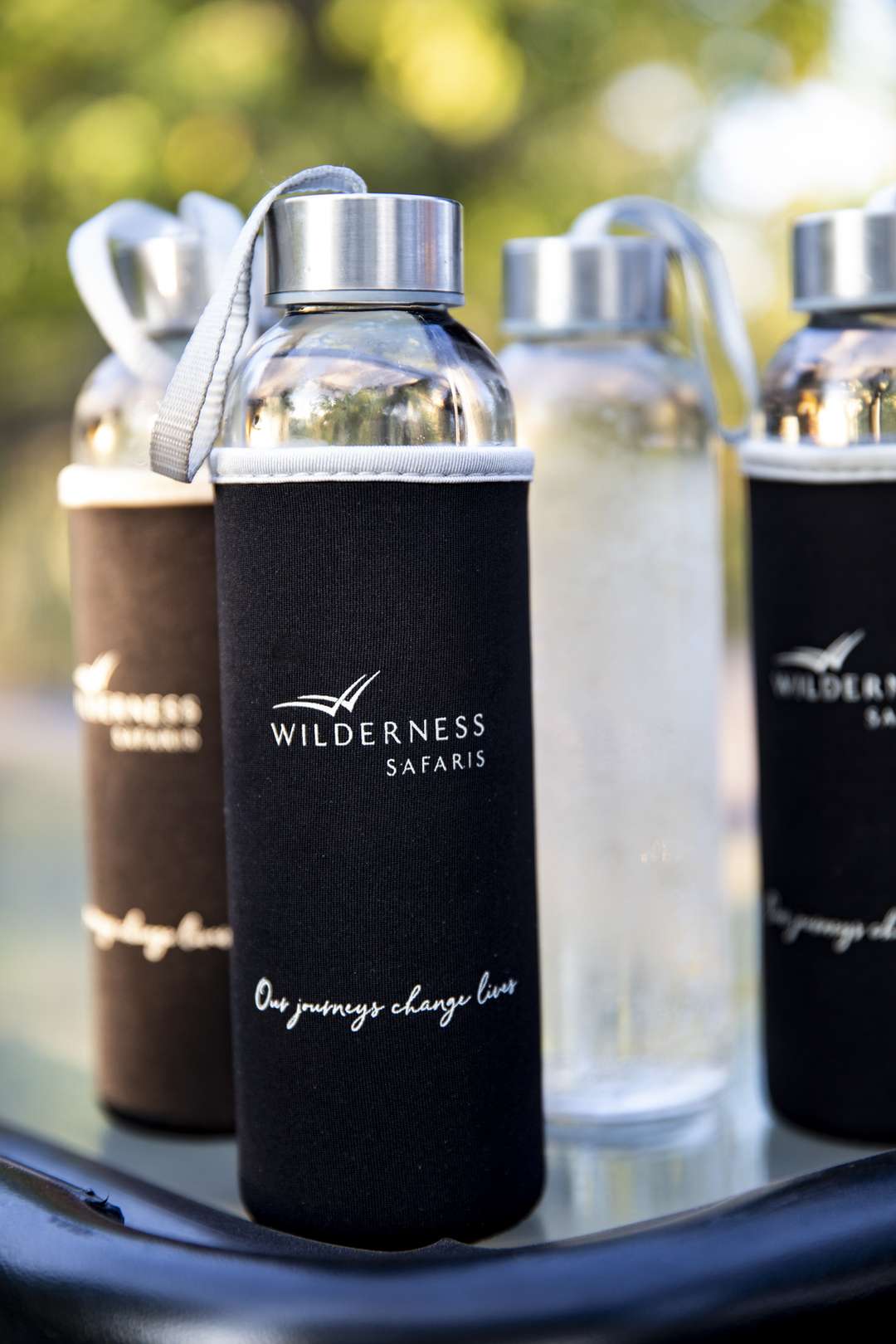
War on Plastic
This campaign is an ongoing quest to reduce and eliminate the use of plastics wherever possible. Packaging in our kitchens is carefully considered and replaced by re-usable containers or covers, and our suppliers are all encouraged to replace single-use plastic with recycled materials, cardboard or paper.
Learning: Instead of using cling wrap, consider using buzzy wraps – made with fabric and beeswax; also try reusable containers and glass for storage. If you must use a straw, opt for a reusable bamboo, glass or metal straw, or simply forgo the straw altogether.
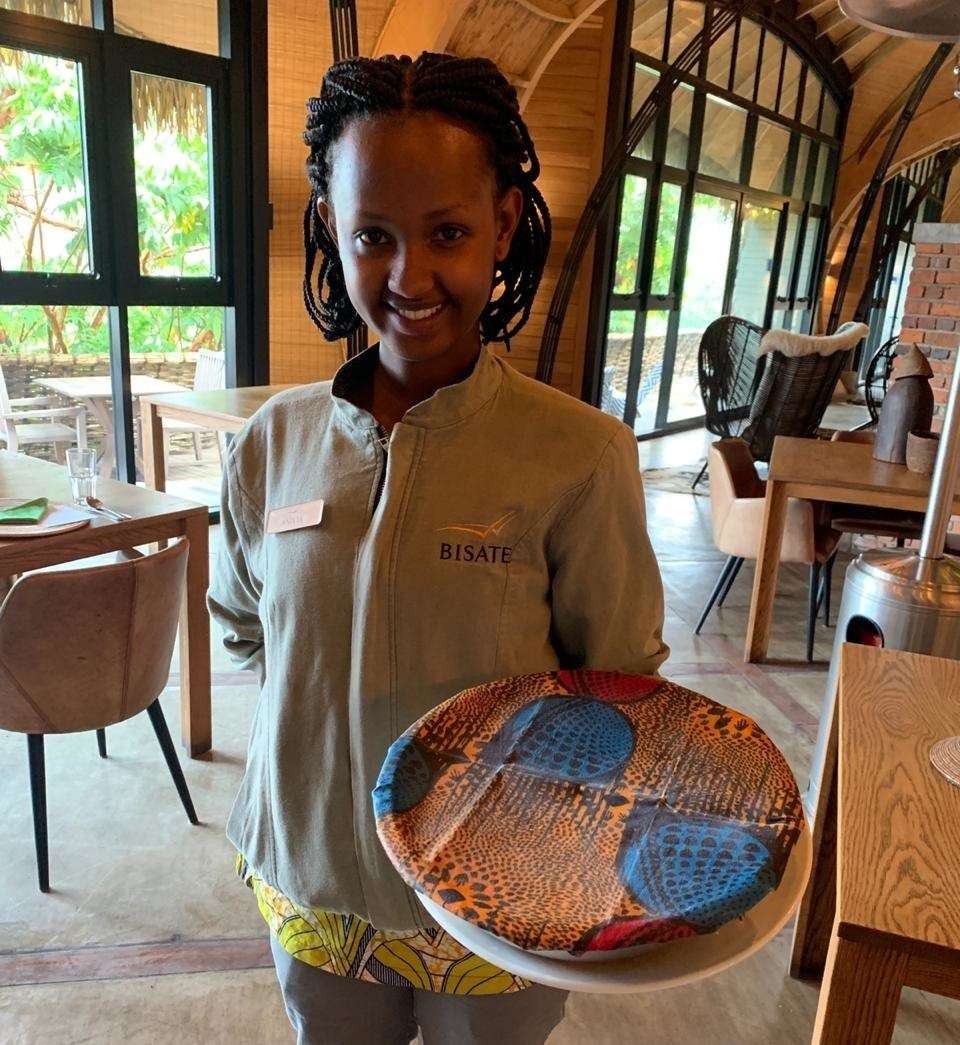
The Amenities
Wilderness provides environmentally sound products that protect the areas in which it operates. All amenities in camp are environmentally friendly and contain only natural ingredients which will degrade without damage to the planet.
Learning: Buy soap and products that are Earth-friendly – meaning they contain natural products that are farmed sustainably.
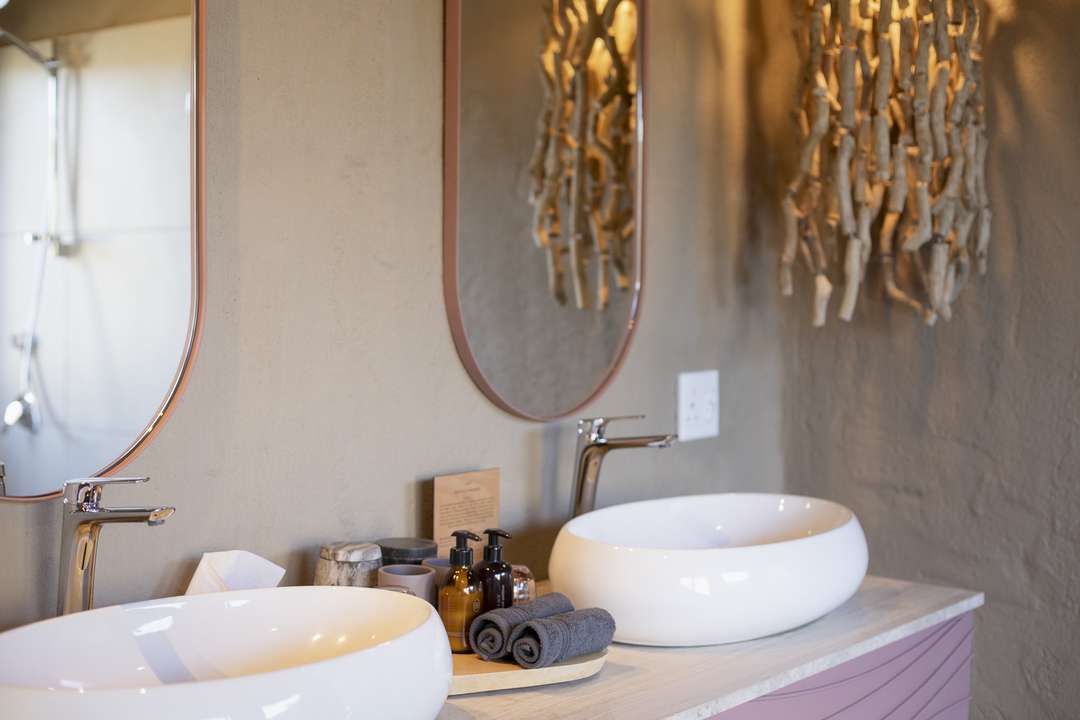
Towel Policy
Towels not placed in the laundry basket are hung up and dried for the same guest to reuse.
Learning: A towel is mostly used to dry a clean body or hands, and therefore can be kept out of a washing machine for quite some time – thus cutting down on significant amounts of water and electricity.
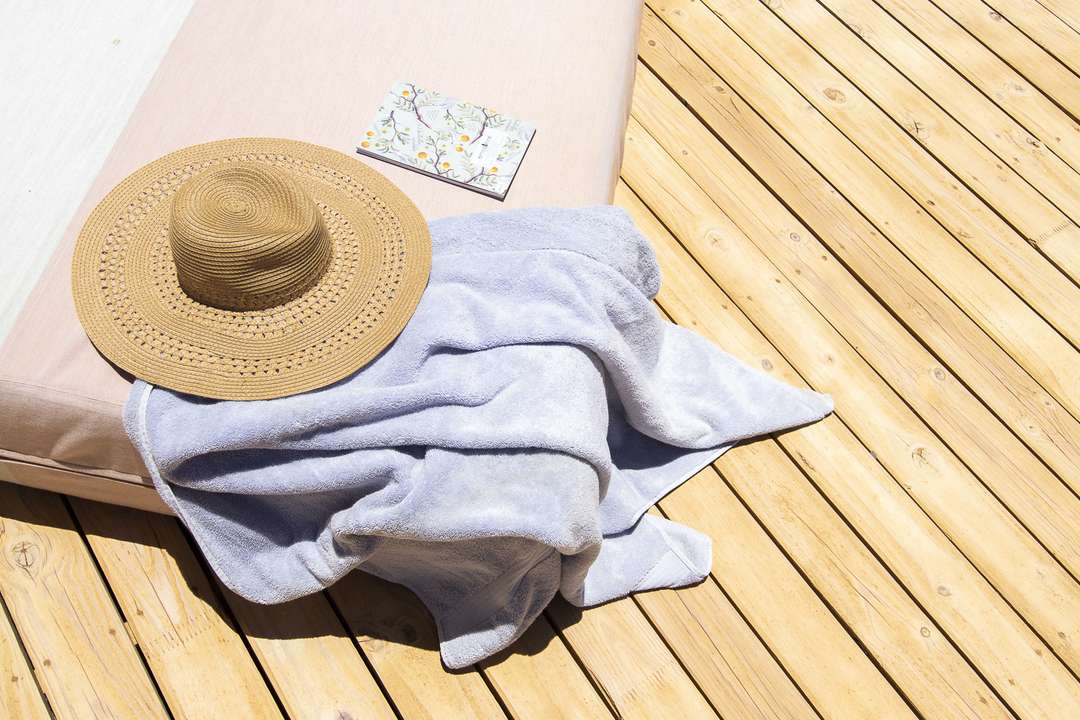
Using Buckets and General Water-Saving
In many of our camps, there are buckets in every shower, which can be used to collect water as the guest waits for it to warm up (most camps use solar geysers for heating water). The housekeepers then use this water to clean the rooms. Other water initiatives include water-efficient shower heads, taps and toilets, rain harvesting and the recirculation and use of grey water through reverse osmosis filters.
Learning: A totally painless saving all round. Collect the water that would usually run down the drain and reuse it to drink, wash dishes, etc. Given that potable water is a precious and finite resource, it is important that we all do our part in being careful with it.
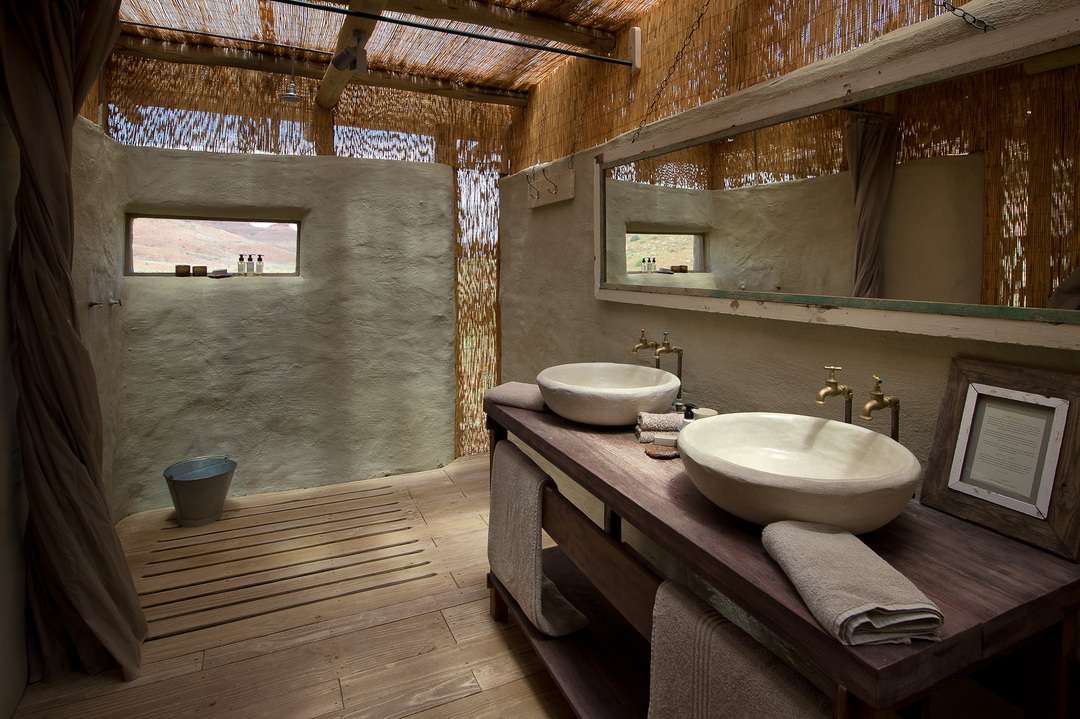
Saving Electricity
Guests are encouraged to use electricity sparingly. What’s more, Wilderness Safaris is rapidly moving towards alternative-energy usage. Seventeen of our camps are now 100% powered by solar, and many are partially run on solar.
Learning: Google “save electricity” and you will be inundated with tips and tricks to save electricity. An even better alternative would be to go solar… but either way, make sure that all the electronics you buy in the future are as eco-friendly as possible.
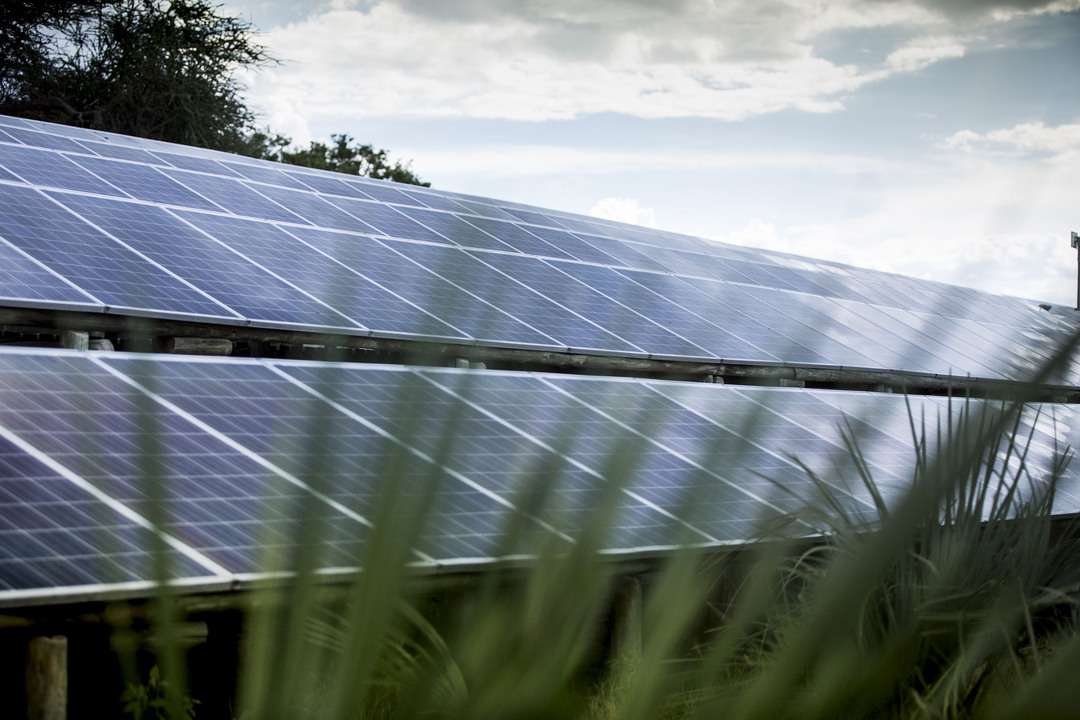
Camp Construction
Wilderness “assembles” our structures rather than “constructs” them, avoiding the unnecessary use of bricks and cement as much as possible. Most of our camps are canvas-and-thatch tented structures built off the ground on FSC-certified timber.
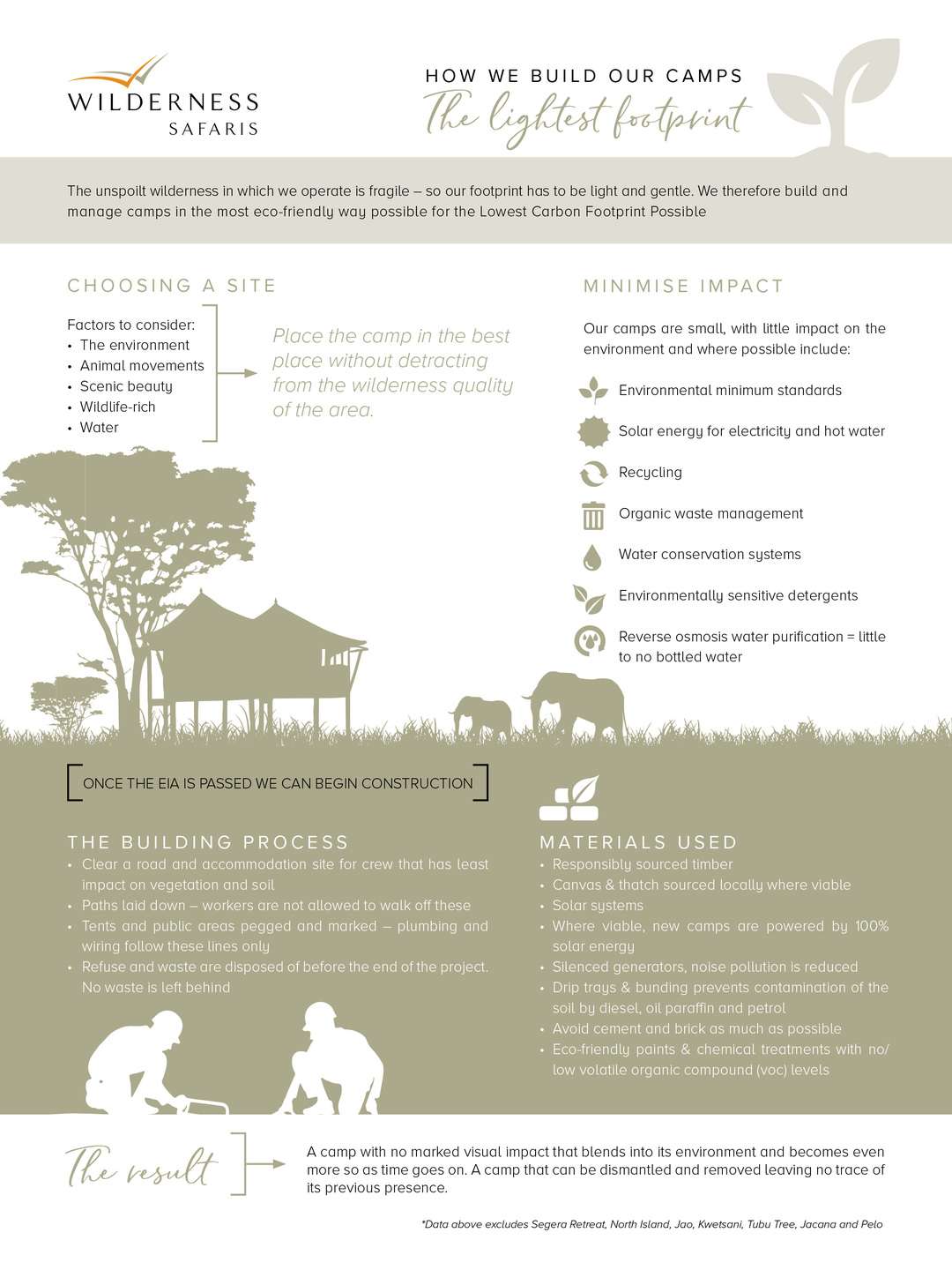
Learning: While the most environmentally friendly idea would be to buy a tent, I’m afraid it will take some effort to make it as homely as the Wilderness Safaris ones! For the time being, try and source locally produced goods for all construction work, and use chemical-free paints and organic building materials where you can.
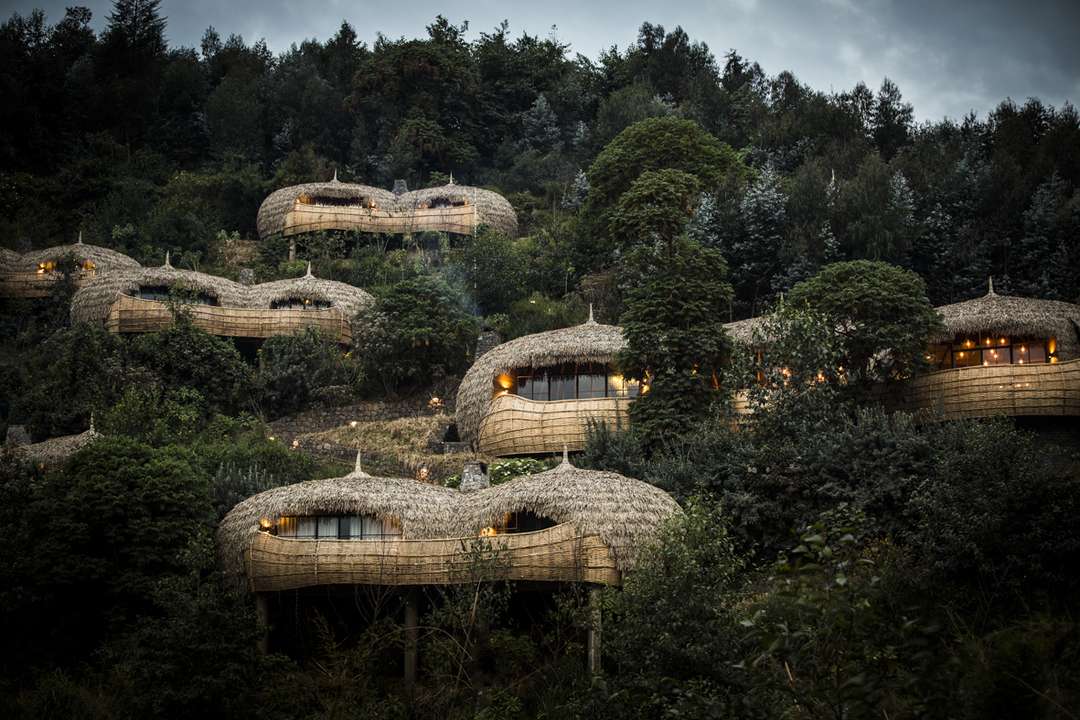
Recycling and Composting
Recycling is a hard and fast rule at Wilderness. Composting can be tricky given that waste food can attract animals and trigger undesirable behaviours. Worm farms have, however, proven to be the safest form of composting.
Learning: No rocket science here. Recycle your rubbish if you cannot reduce or reuse it. As you most likely don’t live in the wilderness, compost your perishables or set up a worm farm.
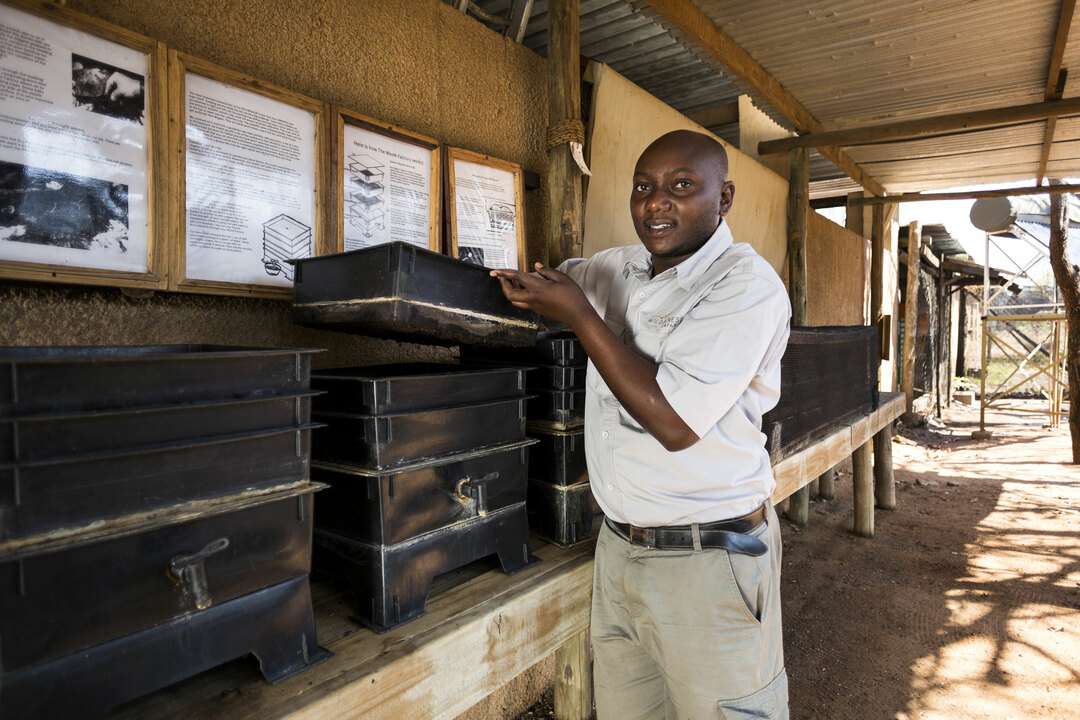
There are plenty of other activities where all this comes from, so these are just a few of the reasons why our tag line ‘Our Journeys Change Lives’ is so apt. While it is all about seeing new landscapes, viewing unique ecosystems and being exposed to new cultures, our journeys also inspire positive action.



